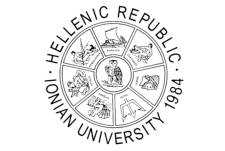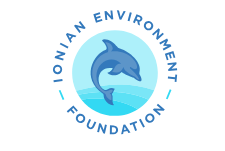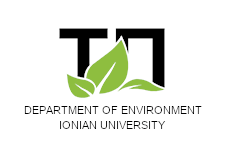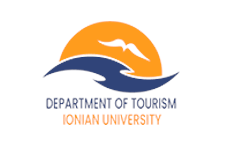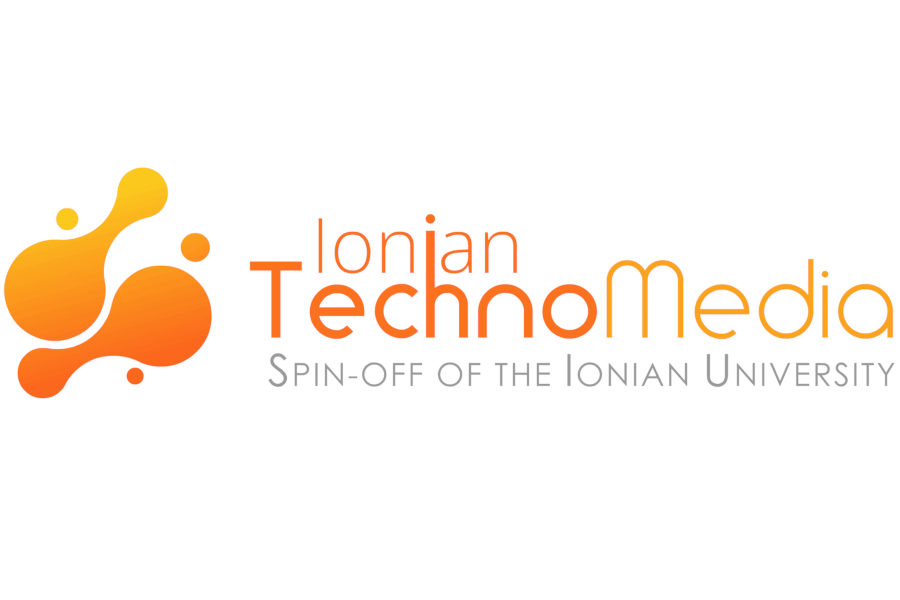The international conference Towards Resilient Destinations: Integrating Nature, Culture and Tourism for Sustainable Futures (NEST) will take place in hybrid format on April 23–24, 2026 at the Ionian Academy, Corfu, Greece, and will also be available online. The conference explores how tourism destinations can strengthen their resilience to environmental, social, and economic challenges, with a focus on nature, culture, and innovation.
With three core thematic pillars —1. Nature Conservation & Climate Resilience, 2. Cultural Heritage & Creative Economies, and 3. Innovations for Resilient Tourism Futures— the conference brings together researchers, policymakers, and practitioners. Special emphasis is placed on the Mediterranean region, also including local examples such as Erimitis in Corfu.
The conference will host a distinguished group of prominent speakers, including Achim Steiner (Oxford Martin School, former UN Administrator), Professor Ian Goldin (University of Oxford), Professor Dimitri Vayanos, UK Ambassador Matthew Lodge, Jenny Uglow, Dr Lee Durrell MBE, Professor Sir Drummond Bone, Professor Michael Heinrich and Dr Mike Maunder.
Interested participants are invited to submit an abstract by 17 February 2026. Notification of acceptance will be sent by 12 March 2026.
Submissions are accepted exclusively through the conference website:
https://conferences.ionio.gr/trd/en/submission/
Detailed information on the Congress is available on the website regarding:
- the thematic areas and sub-themes,
- abstract formatting and submission guidelines,
- the review process,
- special workshops, thematic sessions, and the Doctoral & Early-Career Workshop.
Conference proceedings with the full text of the presented papers will be published by Ionian University in e-book with an ISSN number.
The conference welcomes academics, researchers, professionals, and policymakers working in the fields of environment, culture, and tourism.
We encourage you to share your research and ideas, contributing to the dialogue on building more resilient and sustainable destinations.
Official website: https://conferences.ionio.gr/trd/



